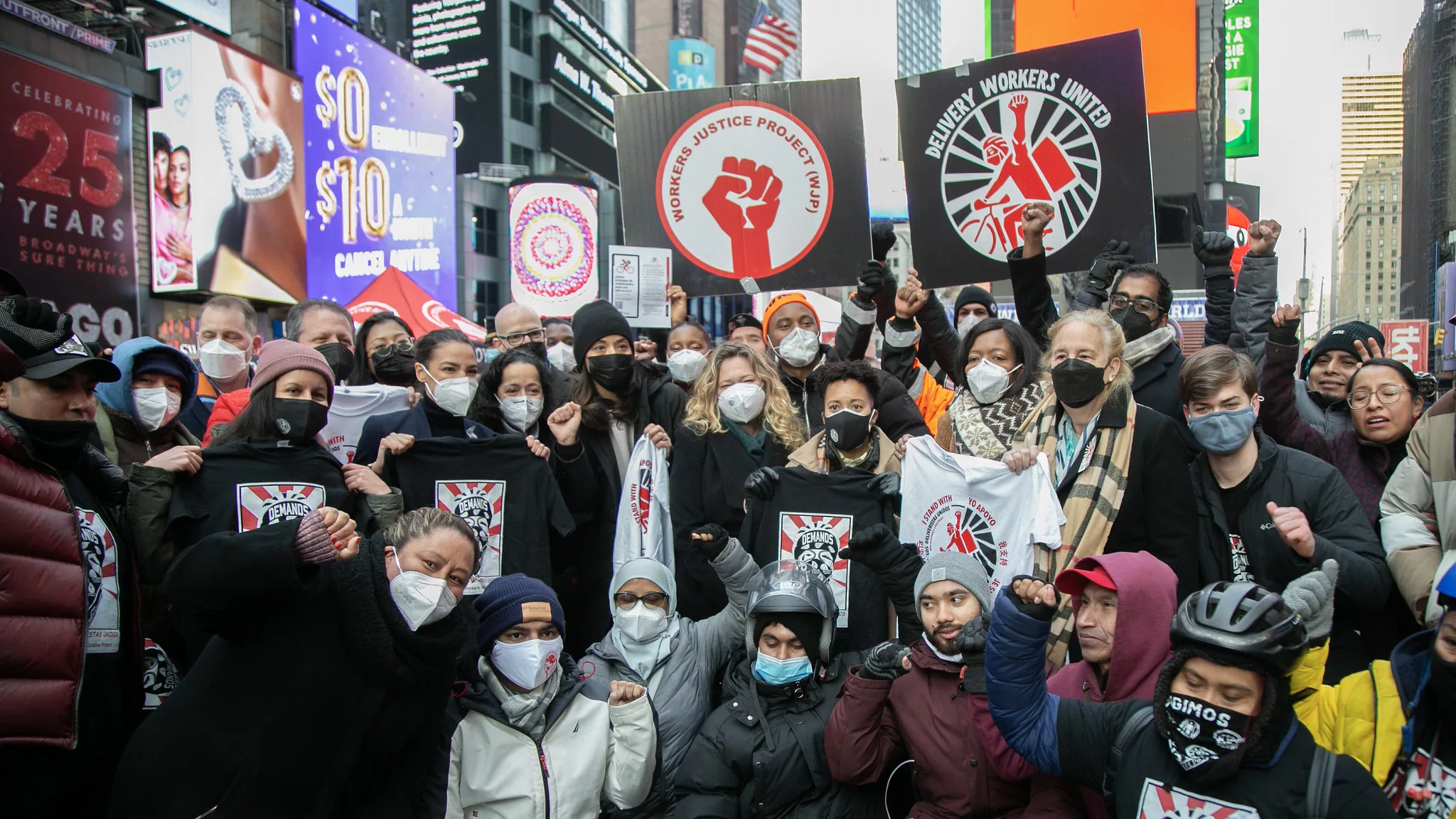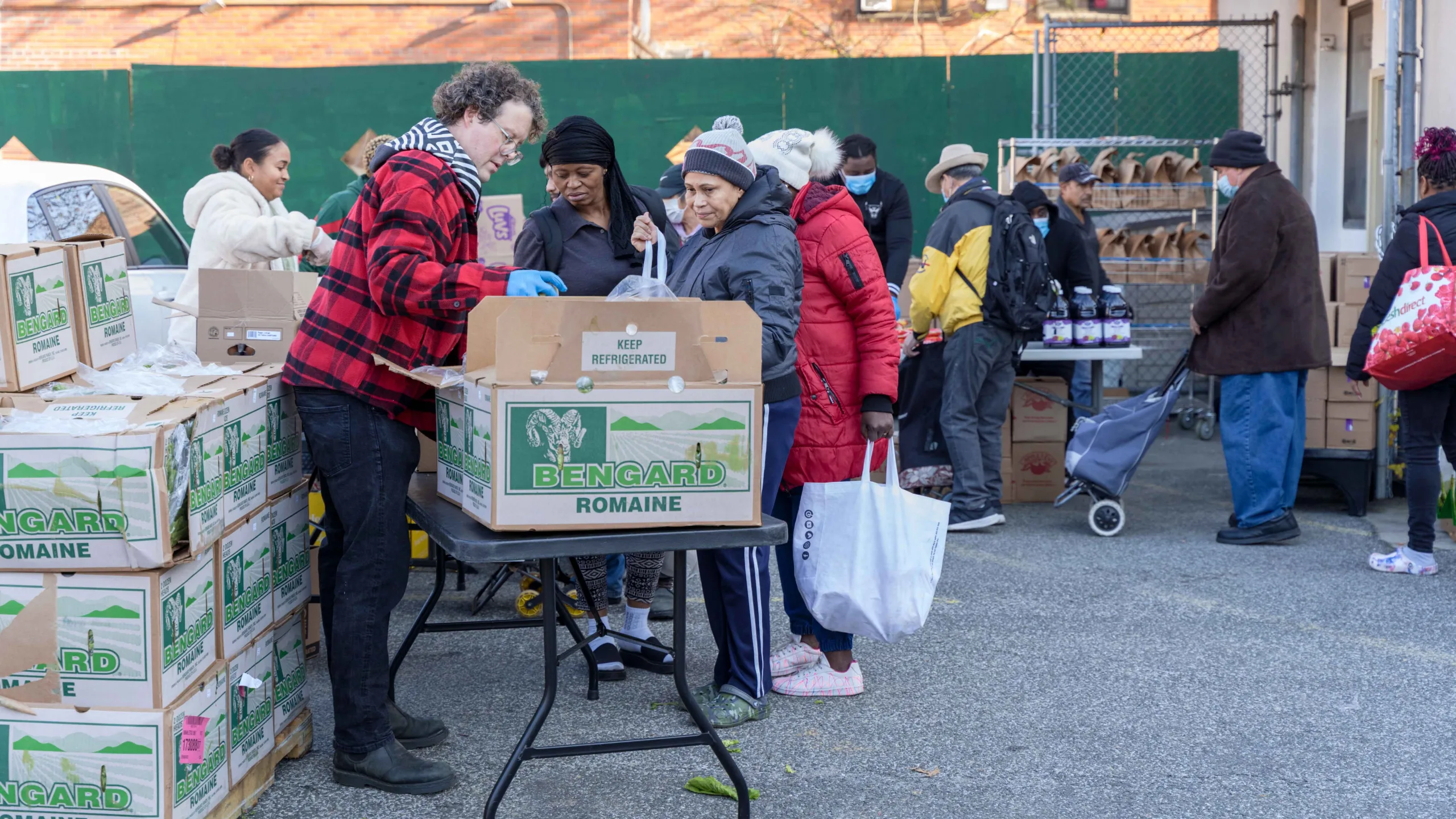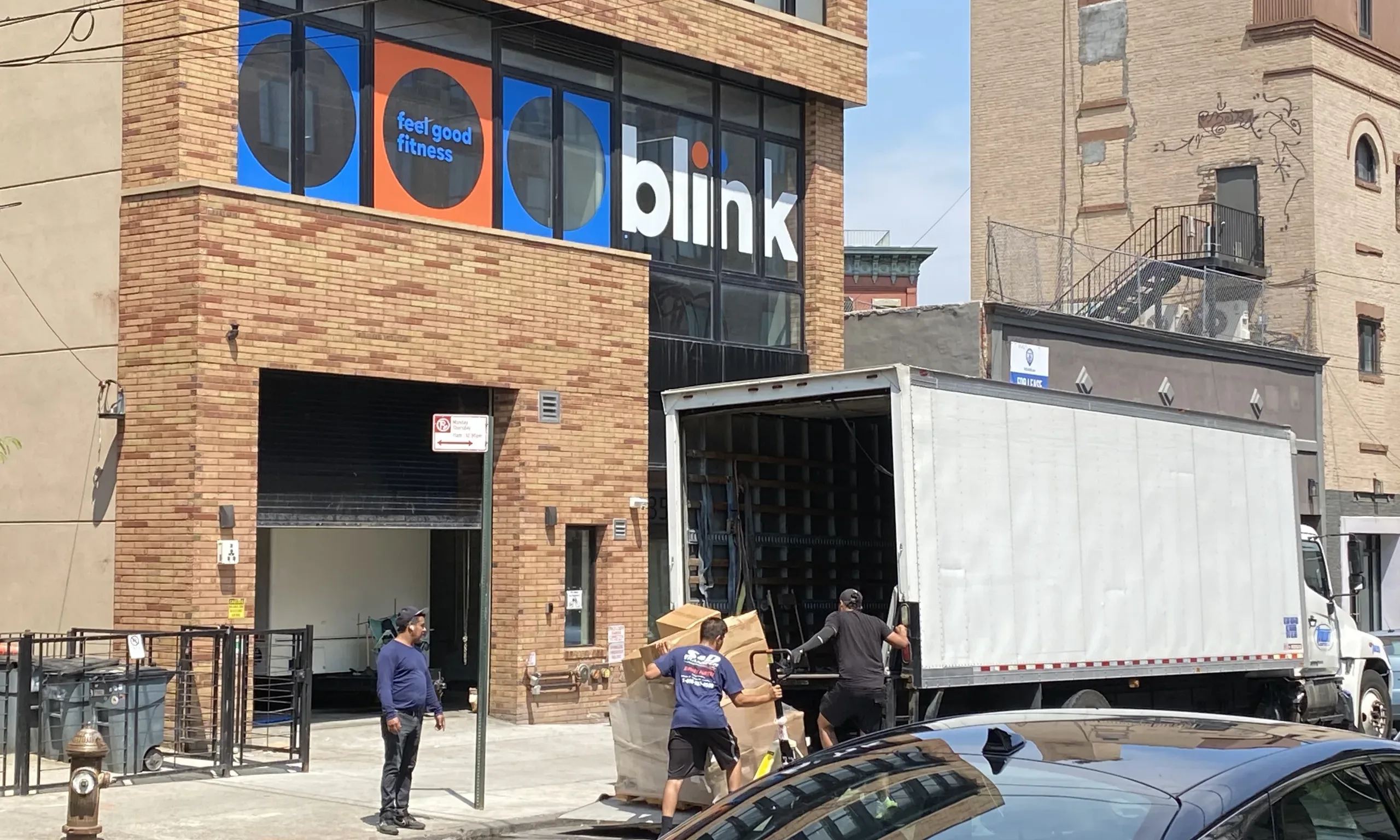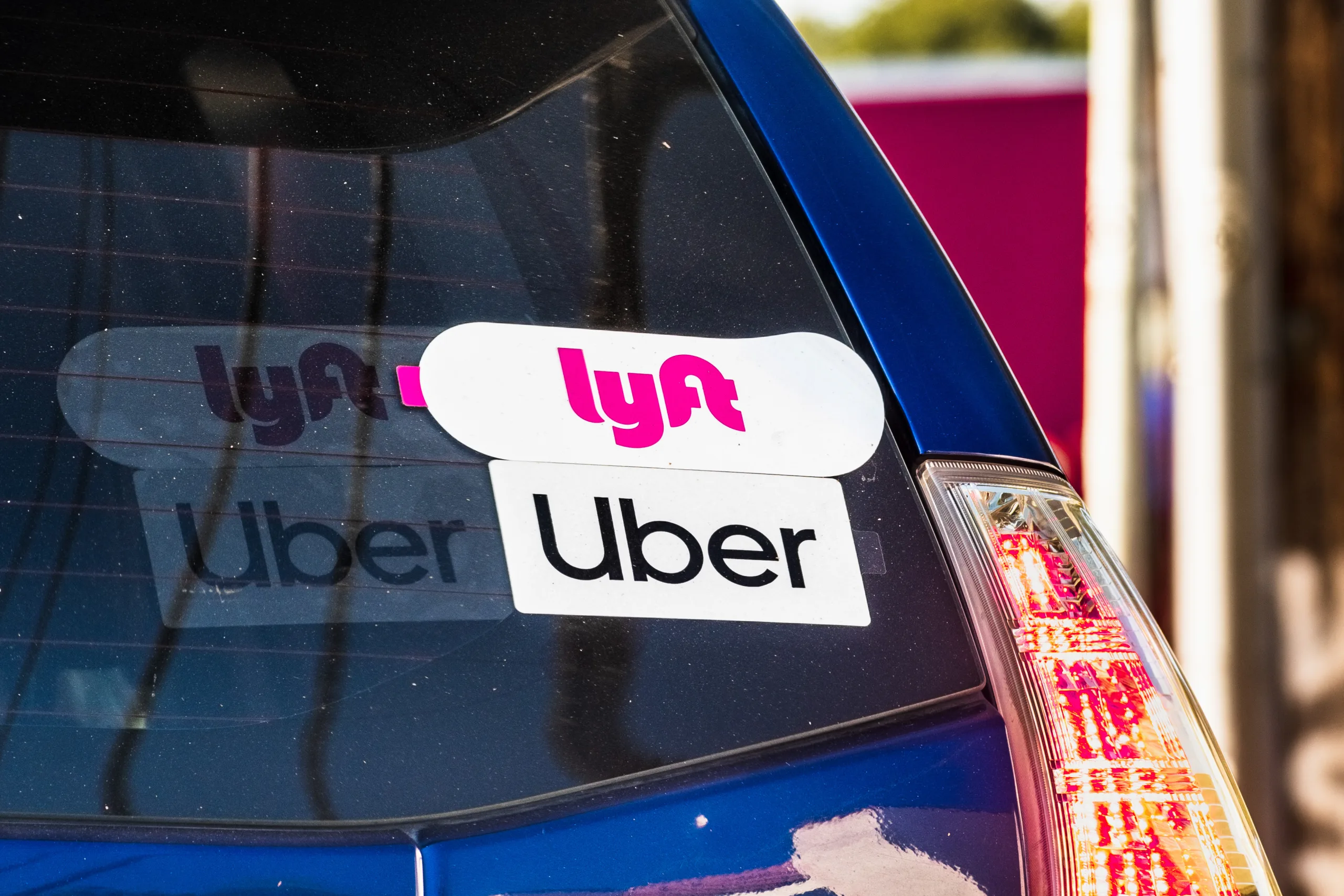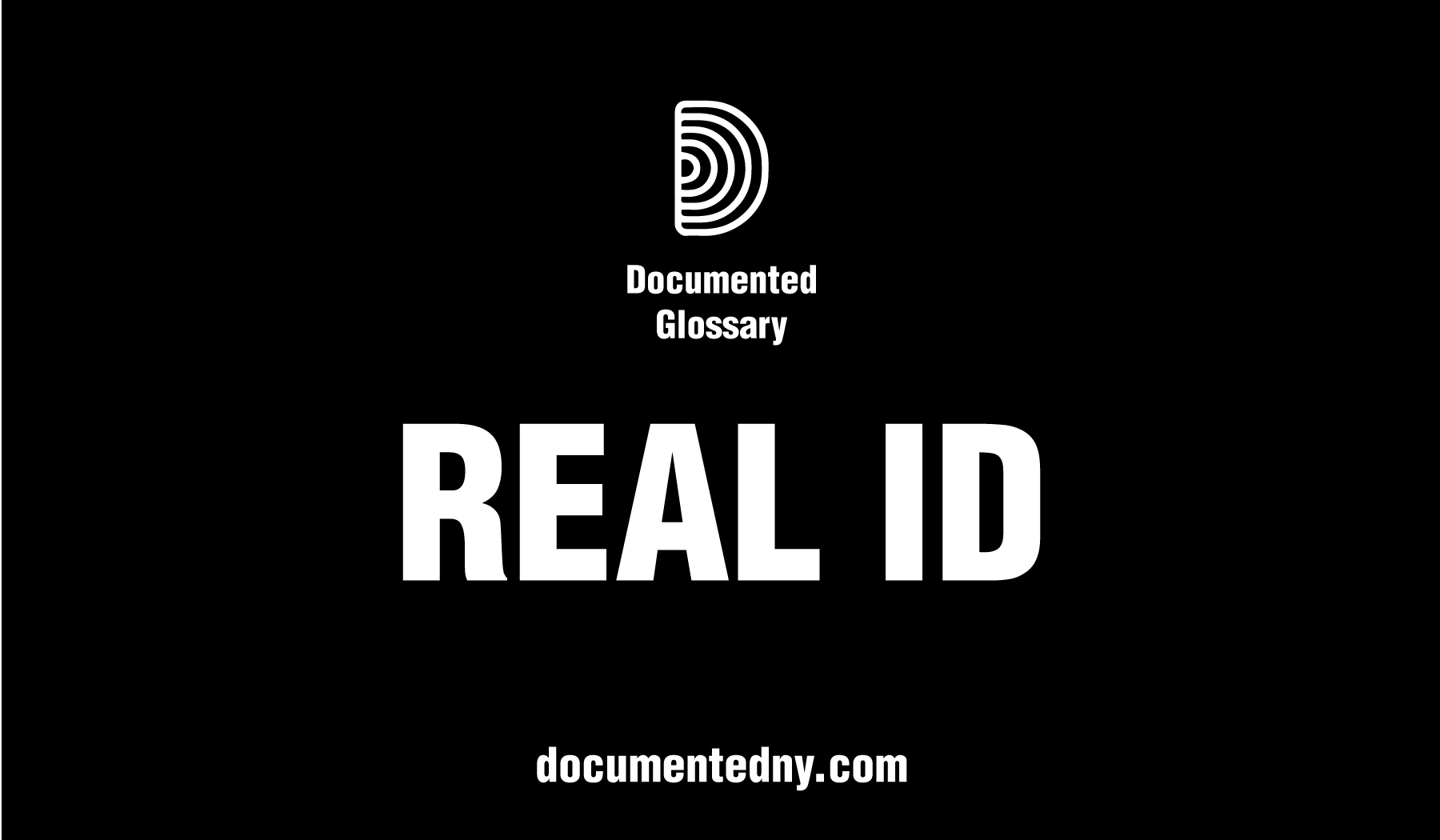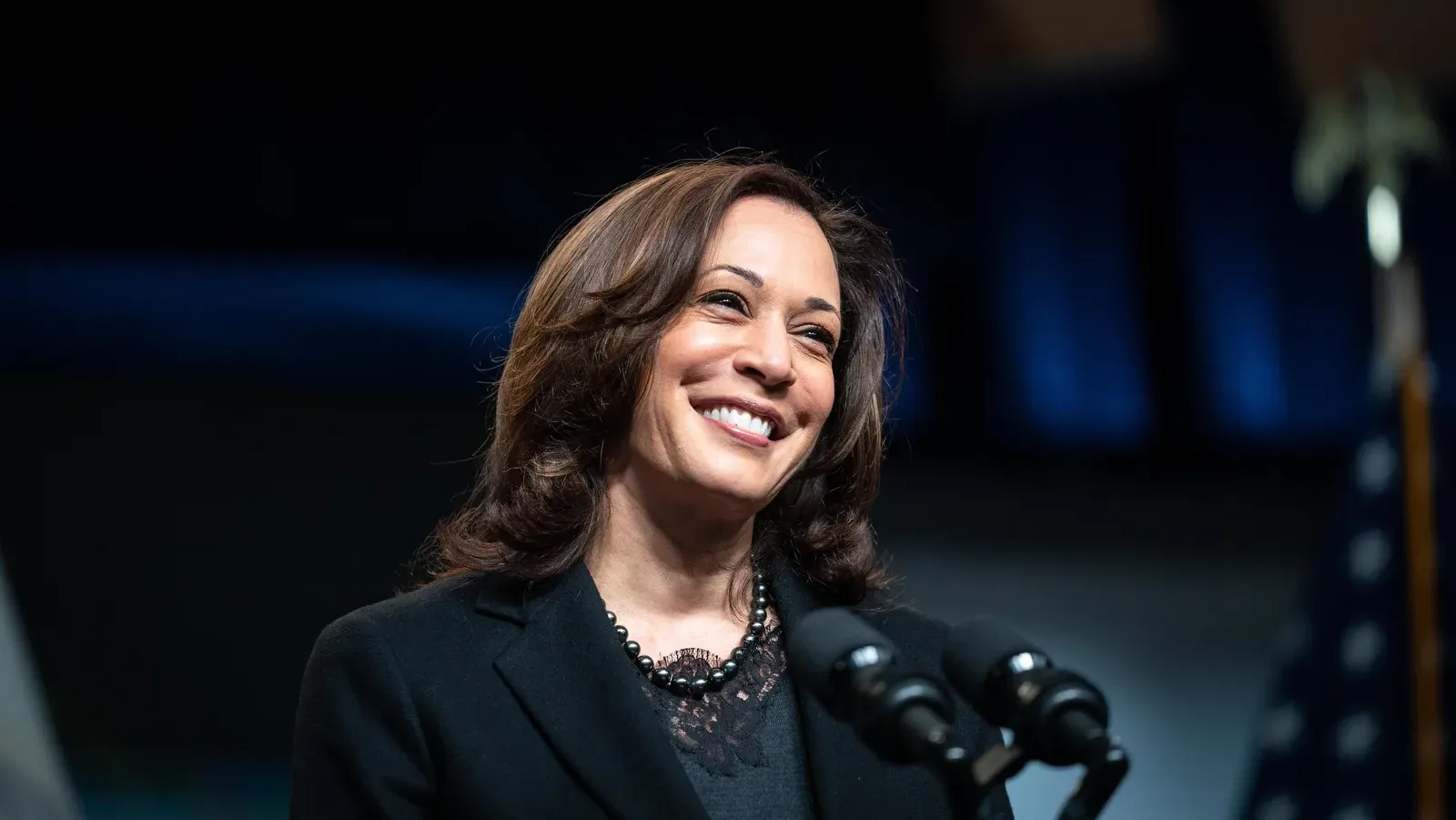Today, the New York Supreme Court Appellate Division ruled that New York City’s app-based food delivery workers’ minimum pay rate should take effect.
The law, which is to be enforced by the Department of Consumer and Worker Protection and was set to take effect on July 12, would guarantee that app-based delivery workers be paid at least $17.96 an hour, not including tips.
Almost immediately, delivery app-based companies such as Uber Eats and DoorDash filed a lawsuit to block the law, placing it under a temporary injunction until the case could be settled. However, on Sept. 28, Justice Nicholas Moyne lifted the injunction, at which point the app companies swiftly appealed the decision.
As the law languished in the courts, Ligia Guallpa, executive director of the Worker’s Justice Project, said that delivery workers have lost nearly $300 million in wages as a result of the delivery app company’s legal delay tactics.
Also Read: New York Delivery Workers Call for Higher Minimum Wage
“Despite their desperate attempts to pit workers against each other and withhold the pay they deserve, Uber, DoorDash, and Grubhub continue to lose in their fight against a living wage for New York City’s 65,000 delivery workers,” she said in a statement. “Multi-billion dollar companies cannot profit off the backs of immigrant workers while paying them pennies in New York City and get away with it. The court’s ruling is another reminder that workers will always win.”
Currently, app-based delivery workers earn $14.18 per hour with tips and $7.09 per hour without tips. When taking into account hourly expenses, workers’ actual take-home pay amounts to $11.12 per hour with tips and $4.03 per hour without tips.
TestPost3
When the law is finally implemented, according to Comptroller Brad Lander, the law’s $17.96 an-hour minimum wage will amount to $13 per hour when considering expenses.
Although Doordash and GrubHub did not respond to Documented’s request for comment, Freddi Goldstein, communications manager at Uber, shared a mixed reaction to the decision.
“While we’re disappointed the city pushed through a rule that eliminates jobs, discourage tipping, and forces couriers to go faster and accept more trips, the higher wage does address another priority of the city by including enough money to purchase their own UL-certified e-bikes and batteries.”
Before the law could finally be implemented, the lawsuit must first go back to the New York State Supreme Court for a final ruling.
